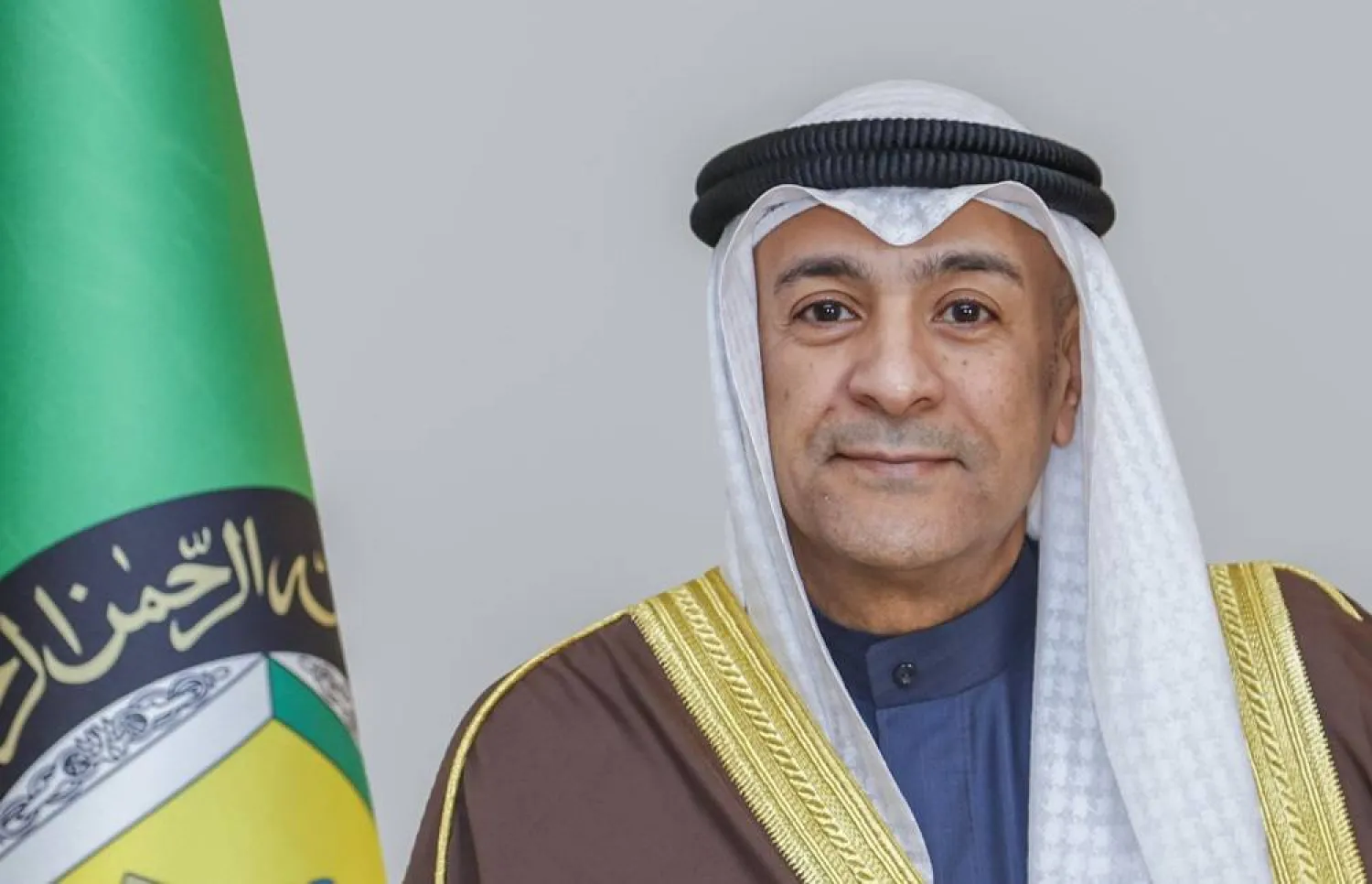The Secretary-General of the Gulf Cooperation Council (GCC), Jassem Mohamed Albudaiwi, emphasized that despite economic disruptions, policymakers in GCC countries have successfully alleviated the economic consequences of these challenges, SPA said on Sunday.
The GCC nations experienced substantial growth in their Gross Domestic Product (GDP), reaching 7.3% in 2022.
Albudaiwi’s remarks came while attending the Arab Governors' meeting with the President of the World Bank Group, Ajay Banga. The meeting took place on the sidelines of the annual meetings of the International Monetary Fund (IMF) and the World Bank on Saturday in Marrakech, Kingdom of Morocco.
During his speech, the GCC Secretary-General emphasized that economic challenges present a risk to the mutual objective of a poverty-free world characterized by sustainable development and widespread prosperity.
He pointed out that the global economy is currently traversing a precarious course, with the World Bank forecasting a substantial deceleration in global economic growth in the years ahead.
Albudaiwi also underscored that tackling global challenges demands a dedication to shared values and objectives, recognizing that the interdependence of nations necessitates collaborative efforts and synergy.
Furthermore, he emphasized that global economic challenges call for sustainable solutions to alleviate their impact.
This, he said, can be achieved through collective actions and measures taken by the international community, in cooperation with global financial institutions, as well as through bilateral and multilateral agreements between countries and international organizations.
These efforts are essential to secure a more prosperous, equitable, and sustainable global future, he noted.
Concluding his remarks, Albudaiwi praised the advancements resulting from the structural reforms implemented by GCC countries in response to economic challenges.
These reforms have yielded favorable outcomes, including economic growth, an improved business environment, increased competitiveness, and a substantial rise in women's workforce participation.
Furthermore, the non-oil sector experienced a notable increase of 4.8% in 2022.
GCC States Record 7.3% GDP Growth in 2022

Secretary General of the Gulf Cooperation Council (GCC) Jassem Mohamed Albudaiwi.

GCC States Record 7.3% GDP Growth in 2022

Secretary General of the Gulf Cooperation Council (GCC) Jassem Mohamed Albudaiwi.
لم تشترك بعد
انشئ حساباً خاصاً بك لتحصل على أخبار مخصصة لك ولتتمتع بخاصية حفظ المقالات وتتلقى نشراتنا البريدية المتنوعة







